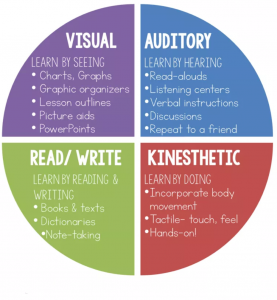
Singapore is well-known for being a “tuition nation” and that is no surprise considering that the tuition industry is estimated to be worth SGD $1.1 billion dollars. Being a home tutor can be an extremely rewarding profession, as you watch your students grow and improve under your guidance. Increasingly, more parents are signing their children up for tuition to help their children excel academically. If you are considering joining this industry, there are a few things which you need to know.
1. Commitment is required
Tutoring is not easy. Although you might have the flexibility of time as compared to other 9-to-5 jobs, it also means that most of your weekday evenings and weekends will be packed with classes. This might pose a challenge when you intend to go for long overseas trips or extended breaks since it is a weekly commitment that you must undertake. Also, when the examination periods are nearing, it is not uncommon to hear of parents requesting for extra classes. Hence, good (advance) planning of your schedule is necessary.
2. You have to understand your students
Is your student a visual learner? Or does your student learn better when he/she listens to you? In general, there are a few main learning styles. Most people are inclined to one of these styles and understanding how your student learning can allow you to design better lesson materials and activities – thus increasing the effectiveness of your class. For instance, if your student is a visual learner, you might want to teach various concepts and theories by drawing a mind map with them.

3. Have patience (and lots of them)
As a tutor, you will encounter times when your students might be misbehaving, or when they do not understand a concept no matter how you try to explain. In these difficult times, stay positive, and take some time to provide them with the encouragement and support that they need.
4. Good communication is key
As a home tutor, you have to effectively communicate with both parents and students. When communicating with parents, it is important for you to maintain good relationships with them and to showcase confidence. For students, your tone could convey one of enthusiasm for the subject, as it shows that you are interested and passionate in the subject. Building rapport and trust with the student is one of the first (and most important) things you have to do as a tutor. Majority of the students have an aversion to tuition since they view it as an “additional workload” on top of their already hectic schedules. Strong rapport results in the class being enjoyable which will also increase his / her motivation to learn.
